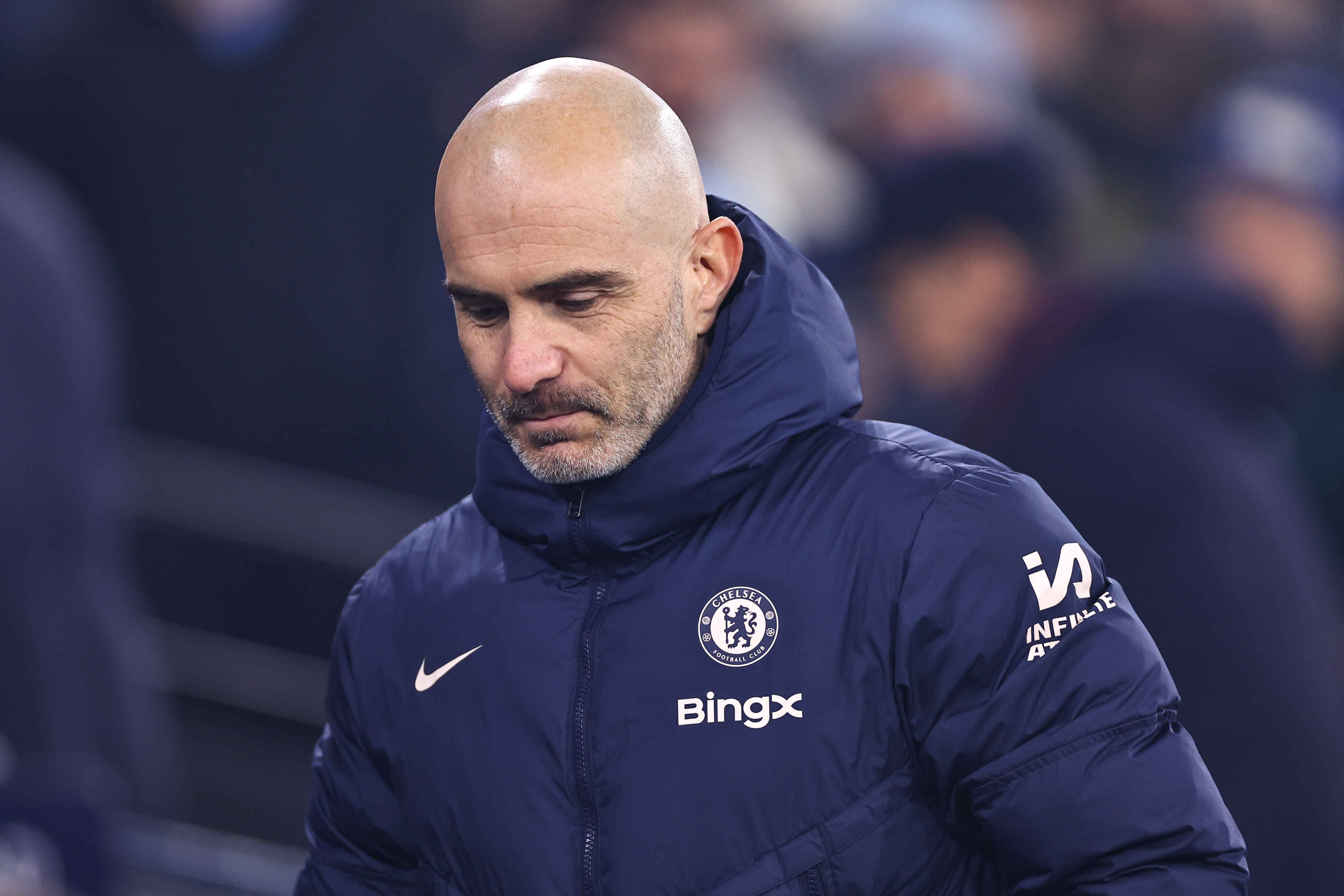‘Pallister had a cracking voice, but Parker, Keane and Irwin were hating it. All of the other lads were shuffling to the back, so I took the pressure off them’: Lee Sharpe recalls recording Man United's No.1 single
Manchester United hit the top of the pop charts in 1994 with their Come On You Reds single
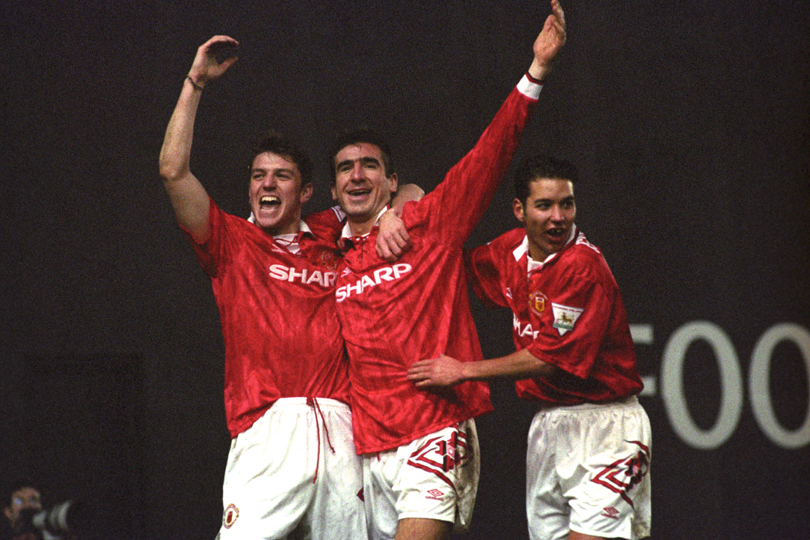
There are plenty of things wrong with modern football, whether that’s constant arguments over VAR, match-going fans being priced out of the game or the grip that PSR has on our collective consciousness.
Another is the modern-day absence of a tradition that never failed to put a smile on everyone’s face - footballers or football clubs releasing pop singles.
Back in the day, reaching the FA Cup final would present an opportunity for a team to hit the recording studio, while the England national team would always warm up for a major tournament by teaming up with one of the era’s premier hit-makers.
Lee Sharpe on recording Come On You Reds for Manchester United
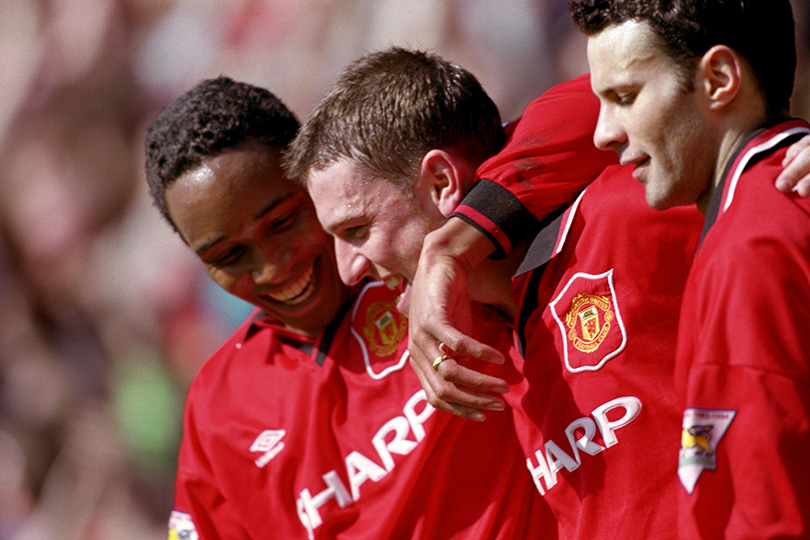
Some are better than others. For every World In Motion, Three Lions or Vindaloo, there was a Sven, Sven, Sven or a Fog On The Tyne.
And while Manchester United’s Come On You Reds, released ahead of their 1994 FA Cup Final against Chelsea, was not a classic of the genre, it remains the only record released by a football club to reach No.1.
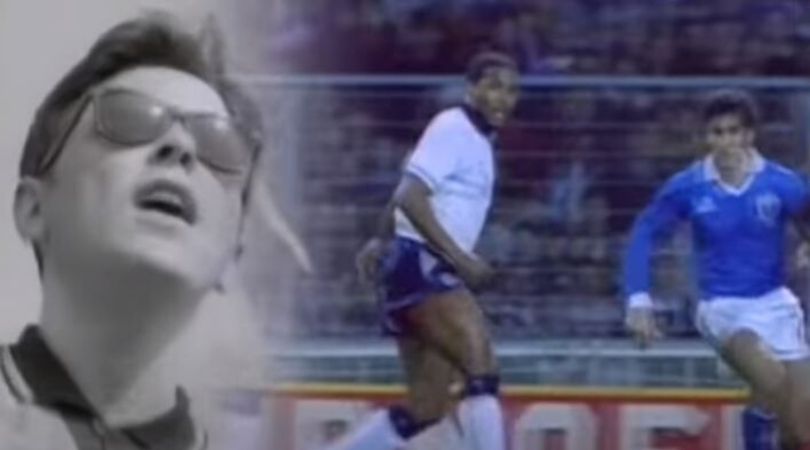
The song saw the Red Devils team up with Status Quo, who rewrote their 1988 ditty Burning Bridges, throwing in the names of several Manchester United players.
“Schmeichel, Parker, Pallister; Irwin, Bruce, Sharpe and Ince; Hughes, McClair, Keane and Cantona… Robson, Kanchelskis and Giggs!” Lee Sharpe croons back at FourFourTwo when reminded of the song. “It still comes into my head at random times! It was brilliant and Status Quo were legends.”
Get FourFourTwo Newsletter
The best features, fun and footballing quizzes, straight to your inbox every week.
The video for the song sees the Quo backed up by a choir of Manchester United players, with the never-shy Sharpe front and centre, strumming a guitar and doing his best Liam Gallagher impression behind the mic.
“All of the other lads were shuffling to the back, so I got involved to take the pressure off them,” continues a grinning Sharpe. “I remember Gary Pallister having a cracking voice, but Paul Parker, Roy Keane and Denis Irwin were hating it. That was a great day and a lot of fun. Beers were laid on at the studio and we went out on the town afterwards.”
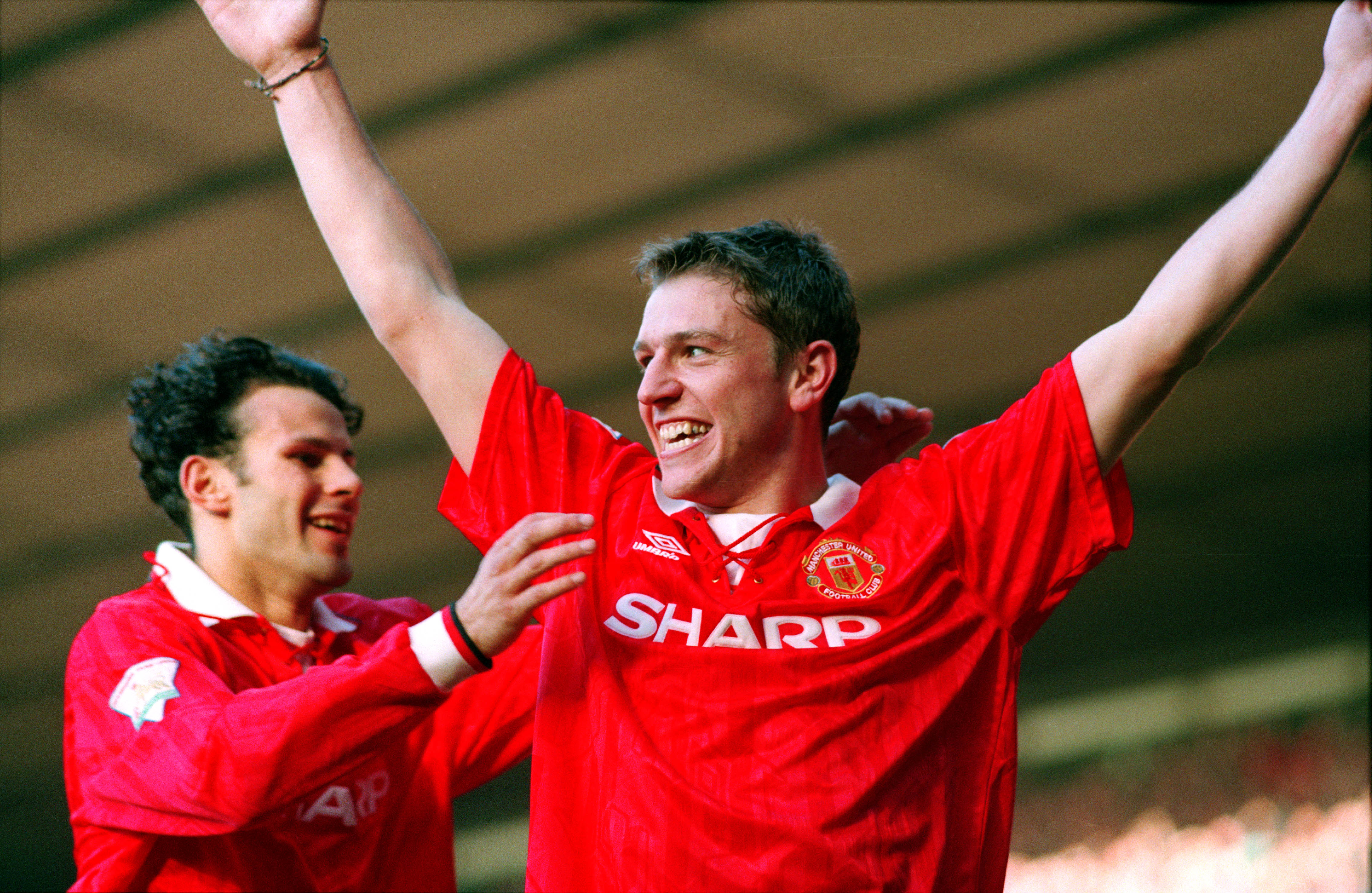
The song’s chart success means that Sharpe and his teammates have more UK No.1 singles than the likes of Led Zeppelin, Dolly Parton, Amy Winehouse and Bruce Springsteen put together. “Not too bad, given I’m probably the worst singer in history,” Sharpe laughs. “I’m quite proud of that!
“Loads of kids dream of growing up to be a footballer or pop star,” he muses. “Thanks to that song, I got a taste of both.”
For more than a decade Joe Mewis has worked in football journalism as a reporter and editor, with stints at Mirror Football and LeedsLive among others. He is the author of four football history books that include times on Leeds United and the England national team.
- Ed McCambridgeStaff Writer

